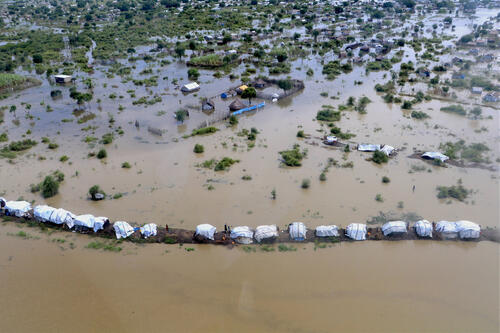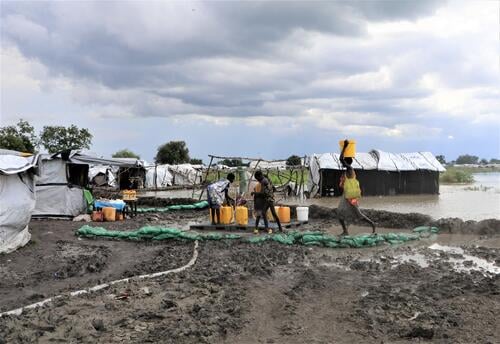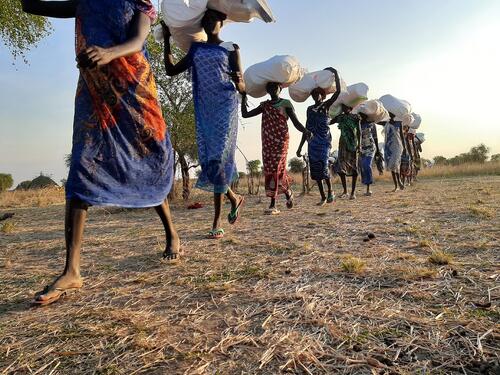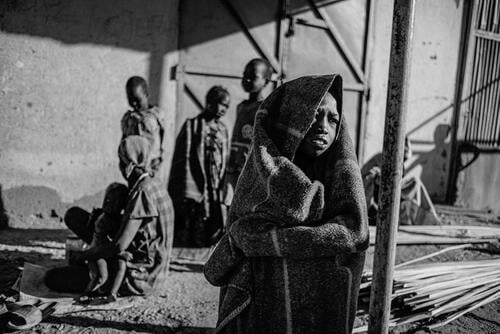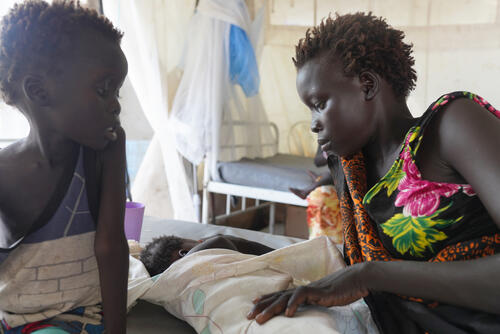Severe flooding is affecting an estimated 800,000 people across a wide swathe of South Sudan, inundating homes and leaving people without adequate food, water or shelter. Many areas have been flooded since July and rising river levels are worsening the crisis.
Médecins Sans Frontières (MSF) is providing medical care in flood-affected areas of Greater Pibor, Jonglei, Upper Nile and Unity states. Medical needs are increasing as the number of people with malaria rises amid fears of other disease outbreaks.
"This year’s floods are happening against the backdrop of multiple emergencies including COVID-19, increased violence and fighting, a growing economic crisis, and high levels of food insecurity," said Ibrahim Muhammad, MSF head of mission in South Sudan.
"Now, we are preparing for an increase in diseases in all flood-affected areas, such as diarrhoeal diseases and malaria, given the high risks caused by displacement and crowding, poor hygiene conditions, and a lack of functioning latrines."
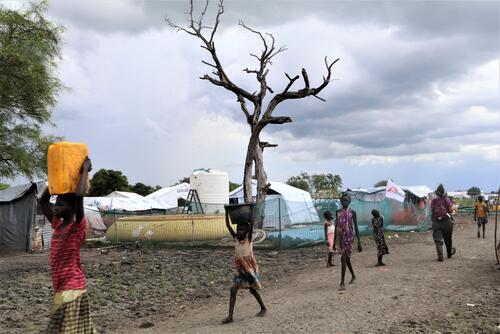
Greater Pibor
In Greater Pibor, one of the worst-affected areas of South Sudan, we are running mobile clinics in five villages and an emergency clinic in Pibor town. In the past two months, we have treated more than 13,000 patients in and around Pibor, including more than 5,000 children under five years old. Around half these patients received treatment for malaria and more than 160 children for measles.
Malnutrition is rapidly increasing in the Pibor area, and our mobile clinics are preparing to provide additional nutrition treatment for young children, alongside MSF's inpatient therapeutic feeding centre in Pibor town. We are also distributing 60,000 litres of drinking water per day in Pibor where floodwater has contaminated wells. With water levels still rising, we are concerned about the viability of our clinic in Pibor and are looking for alternative sites on higher ground outside the town.
Jonglei state
In Old Fangak, a town with around 30,000 inhabitants in a wetland area of Jonglei state, flooding began in July and water levels are continuing to rise.
"Many houses are affected on a daily basis," said Dorothy I. Esonwune, MSF project coordinator in Old Fangak. "The focus of everybody in Old Fangak is on scooping out water from around their homes and building dikes with mud."
An additional 3,000 people arrived in Old Fangak in late September after heavy rains flooded their homes in the surrounding villages. MSF teams at Old Fangak hospital have provided care for around 70 displaced people, including for respiratory tract infections and acute watery diarrhoea. Most of the town's latrines have flooded, raising the risk of waterborne diseases.
In MSF’s hospital in Lankien, Jonglei state, staff have seen fewer patients since high floodwaters made it nearly impossible for people to travel from surrounding areas. The local airstrip has flooded, complicating deliveries of medical supplies and referrals of patients to other medical facilities if necessary.
Some people who have managed to reach MSF facilities have described their harrowing journeys. When 13-year-old Yoel fell ill, his father Stephen Manyang Chan, a widower, carried him through chest-high waters for two hours before arriving at our clinic in Leer, Unity state.
"There are no roads to the hospital, only water," he said.
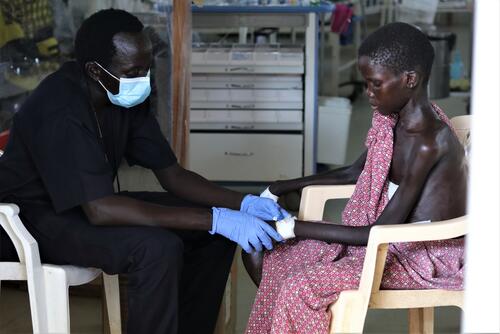
Unity state
When waters flooded two MSF outreach sites and threatened to flood the general healthcare centre in Leer, Unity state, our teams salvaged medical supplies and found alternative locations to continue to provide services.
Upper Nile state
In Upper Nile state, we set up an emergency clinic serving the towns of Canal and Khorfulus, which can only be reached by boat from Malakal town. One of our teams treated people for malaria and diarrhoea, conducted rapid nutrition screening and provided psychosocial support. Our colleagues also distributed essential items to 545 households.
In areas where walking is impossible because the floodwaters are too high, people are using makeshift rafts constructed with plastic sheeting or large plastic water tanks reshaped as canoes, with a shovel for an oar, to move around. Those who stay in their homes are trying to protect them with sandbags or mud walls.
"The water rose surprisingly fast," said 39-year-old Tbisa Willion from Canal town, Upper Nile state. "We left, without thinking, to save our lives. We found shelter in a school, but it was destroyed too. We went to our neighbour. We took a canoe to return to our house and tried to save some belongings, but we found only a few plates. I lost my chickens, my 10 goats. I have nowhere to live."
As the floods continue to impact people across South Sudan, MSF is conducting a series of aerial and ground assessments in Jonglei, Upper Nile and Unity states to identify how to help the worst-affected communities.




